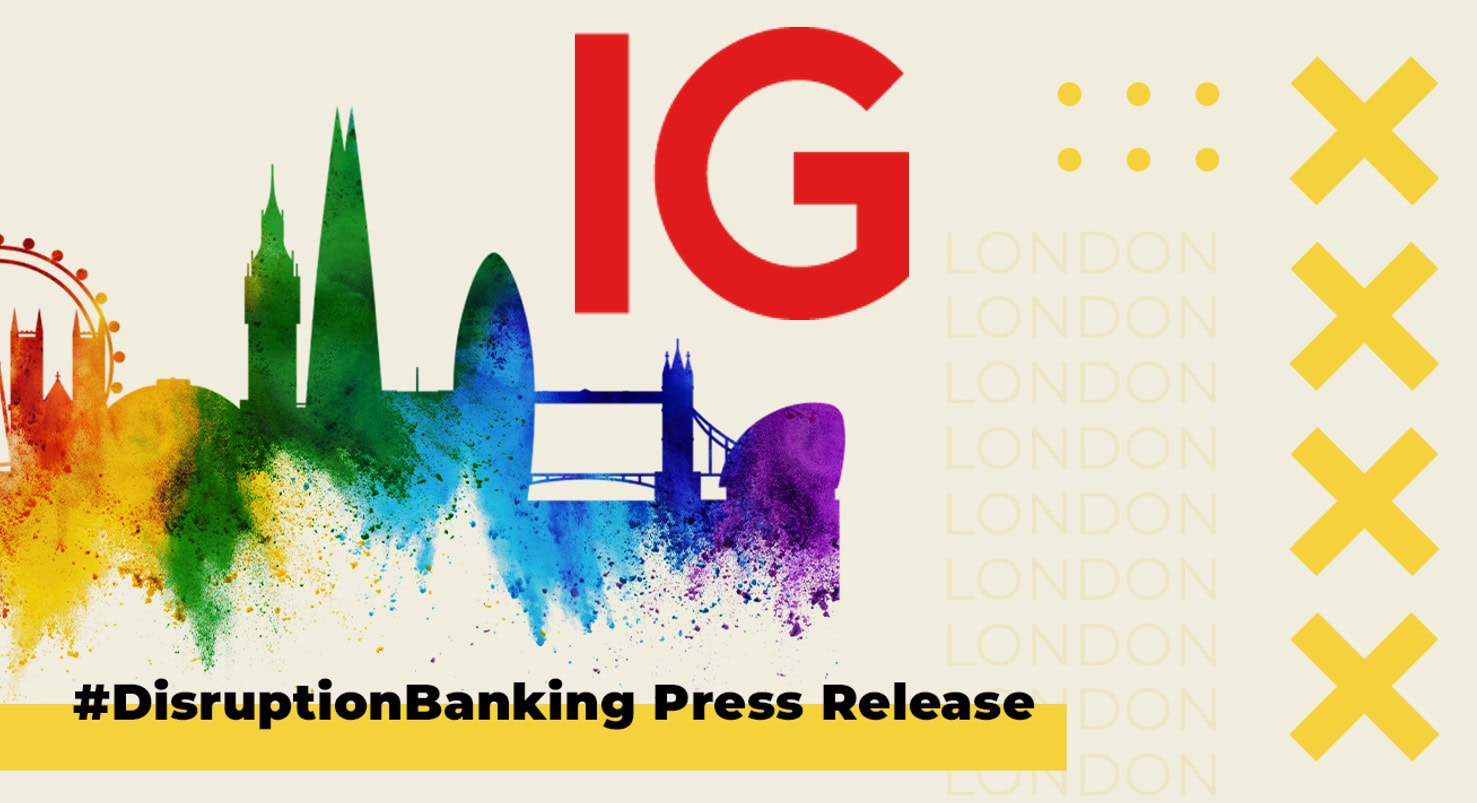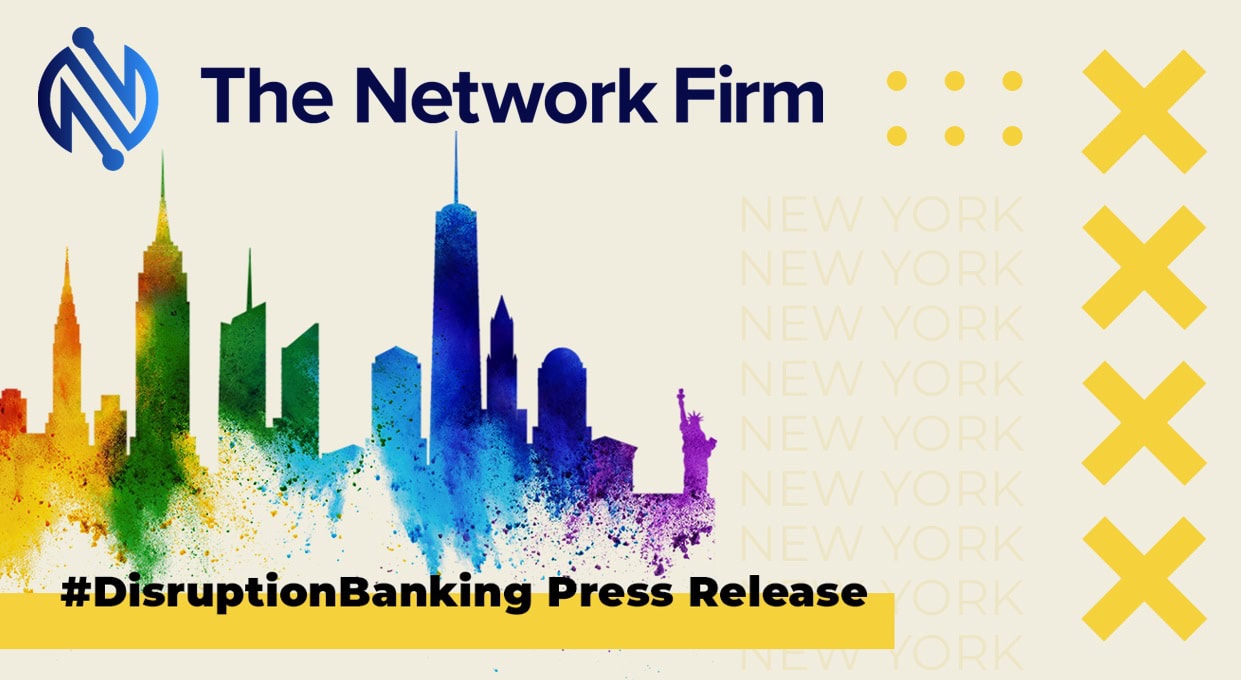Digital banks have taken the world by storm in the past decade and roughly 24% of Brits now use this kind of banking. Some of the most popular digital-only banks include Monzo, Chase and Starling Bank, and their popularity is only expected to grow further if current trends are anything to go by.
Using digital banks has many perks and one of the main ones is mitigating foreign asset risks and taxes, which many individuals and businesses currently benefit from. If you want to know why and learn more about the present and future of digital banks, then this is the guide for you. Read on to find out more.
Advancements in banking
Gone are the days when sending money or checking your bank balance had to be done in your local branch. Now, you have everything in the palm of your hand with access to all accounts through your phone. This shows just how far banking has come and has made international trade far easier because of this too. Not only is it easier to complete transactions but it’s also quicker, ensuring businesses remain productive at all times.
Security
The word risk will always surround money and financial transactions, but digital banks do well to provide that extra layer of security needed. You’ll now find biometric logins, authenticators and security questions as standard to keep your finances secure, which any business or individual trading with foreign currency will be pleased to hear.
Better tax technology
Direct and indirect tax is an integral part of a company’s finances but thankfully tax technology now makes processes even easier. This means that even if companies are buying or selling goods, foreign assets or currencies, then tax processes can be automated by innovative digital software to reduce the human input required by the workforce.
The future of digital banks
The advancements in digital banks have been swift and that’s expected to follow in the future too. Some of the features you can expect to see over the next decade include the following:
- More control over your data and how you choose to share it
- Greater anonymity for customers by securing products or services without revealing personal information
- The integration of AI to make banking services more tailored to your needs and improve personalisation when using digital banks
Digital banks have revolutionised the way we manage tax and foreign assets and that’s likely to continue long into the future. If you haven’t moved to this form of banking yet, then don’t hesitate and get started today to mitigate elements of your business risk.
Author: Suhail Hadouth















